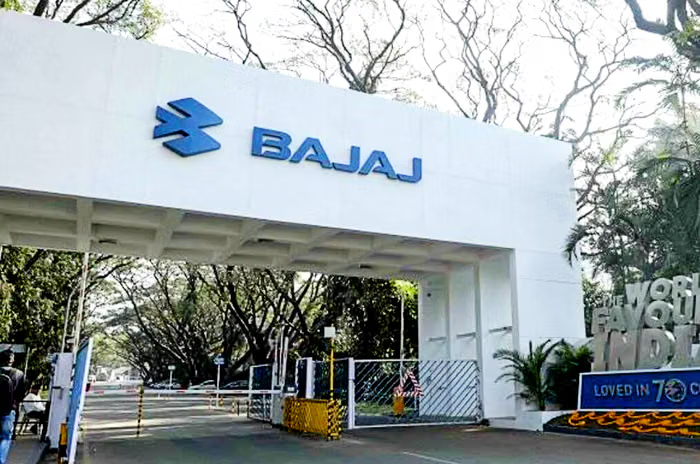Bajaj Auto, one of India’s top vehicle companies, may stop producing its electric vehicles (EVs) in August 2025. The reason behind this is a shortage of rare earth magnets. These magnets are very important for making electric motors, which power EVs. This shortage is not just affecting Bajaj but many other companies around the world too.
Let’s understand what rare earth magnets are, why they are important, and how this situation might affect Bajaj and its customers.
What Are Rare Earth Magnets Bajaj Auto?
Bajaj Auto Rare earth magnets are strong magnets made from rare elements found in the earth. These include metals like neodymium and dysprosium. These magnets are used in many electronic items such as mobile phones, laptops, and most importantly, in electric vehicle motors.
In EVs, rare earth magnets are used in the motors to help them run smoothly and efficiently. Without them, EVs may not perform well or may not work at all.
Why Is There a Shortage?
There are several reasons for the shortage of rare earth magnets:
- High Demand Worldwide: More and more companies are making electric vehicles, so the demand for these magnets is growing fast.
- Limited Sources: Only a few countries like China and Australia produce most of the rare earth elements. If these countries face issues like mining problems, export bans, or political tensions, the supply chain gets disturbed.
- Global Trade Issues: In 2025, some countries have put new trade rules and restrictions in place. This has made it harder to import or export these important materials.
- Environmental Concerns: Mining rare earth elements can harm the environment. So, many countries are reducing mining activities, which also affects supply.
How It Affects Bajaj
Bajaj Auto has been doing well in the electric vehicle market, especially with its Chetak Electric Scooter. But if the company does not get enough rare earth magnets, it won’t be able to make motors for the scooters. This means Bajaj may have to pause production in August 2025.
This is a big decision because:
- It will delay deliveries to customers.
- It may increase the waiting period for Chetak scooters.
- It can cause a loss in sales and profits.
- It may affect jobs in factories and dealerships.
What Bajaj Is Doing
According to reports, Bajaj Auto is trying to manage the situation by:
- Finding New Suppliers: The company is looking for suppliers from other countries to avoid over-dependence on one nation.
- Using Alternative Technologies: Bajaj may explore using different motor technologies that need fewer or no rare earth magnets.
- Working with Government: The company may talk to Indian government officials to see if help can be provided, like easing import processes or supporting local magnet production.
Impact on Customers
If Bajaj stops making EVs for even a short time, customers may face:
- Longer Wait Times: People who have booked EVs like Chetak may have to wait longer.
- Price Hike: If production is low and demand is high, prices may go up.
- Fewer Choices: If one company stops, customers may not have many options to choose from.
Industry-Wide Effect
Bajaj is not the only company facing this issue. Many other EV makers around the world, including companies in Europe and the USA, are also struggling with the rare earth magnet shortage.
This shows that the world needs to:
- Develop new technologies that use fewer rare materials.
- Recycle rare earth elements from old products.
- Increase local production to reduce dependence on foreign suppliers.
Conclusion
The shortage of rare earth magnets is a big challenge for electric vehicle makers like Bajaj. If things don’t improve soon, Bajaj may be forced to stop its EV production in August 2025, at least for some time. This will affect customers, workers, and the entire EV market in India. But this situation is also a lesson for the industry to become more self-reliant and find new solutions. In the future, with better planning and technology, such shortages can be avoided. Till then, both companies and customers need to stay patient and informed.






